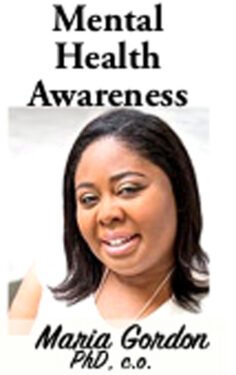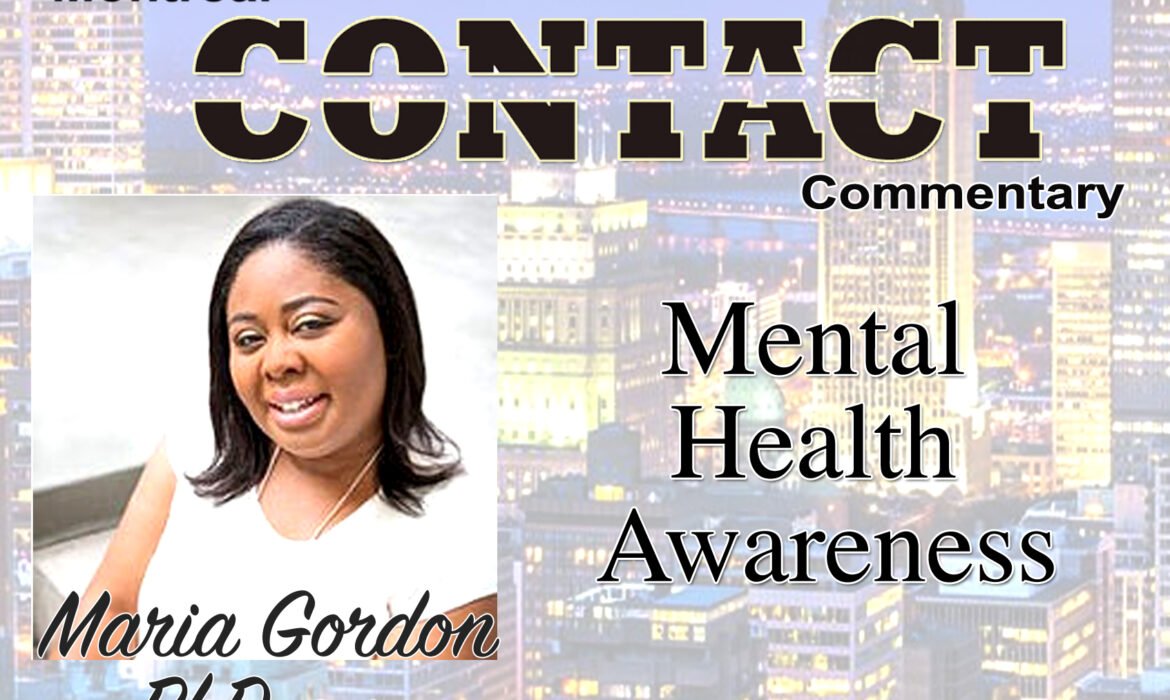The word ‘anxiety’ has become increasingly popular and is all a-buzz in the media and on social platforms. Ever since the outbreak of the COVID-19 pandemic, anxiety is often used to describe the strong emotional distress being felt by so many people of all ages worldwide.
‘anxiety’ has become increasingly popular and is all a-buzz in the media and on social platforms. Ever since the outbreak of the COVID-19 pandemic, anxiety is often used to describe the strong emotional distress being felt by so many people of all ages worldwide.
Truth is: we all experience symptoms of anxiety at some point in our lifetime. Anxiety impacts the mind, body and one’s emotions and is typically defined as an excessive and persistent amount of worrying that remains even when the source of the stressor is no longer around.
For example, let’s say that you went to the doctor for a medical test and have to wait a few days to receive the results. It will be quite normal for you to feel anxious while you are awaiting the results.
We know that we are anxious when we have that feeling of unease within our bodies.
We may experience physical sensations such as “racing” heart, rapid breathing, restlessness, difficulty concentrating, or trouble falling asleep.
These symptoms and feelings of anxiousness are normal because they’re the body’s natural responses to stress.
Maybe even thinking of the word ‘anxiety’ creates feelings of worry, dread and has your stomach starting to twist in a knot.
However, whenever you feel physical bodily sensations, although they may bring you discomfort, remember that your body is simply trying to communicate an important message to you.
Your body is attempting to grab hold of your attention, saying: “Listen up! I need to tell you something! I need to warn you about something!”
Anxiety is the body’s alarm mechanism for dealing with a perceived threat. Anytime your mind and body senses that you might be in a dangerous situation, then your fight-or-flight response is activated.
This survival mechanism is amazing and automatically when stressors or a danger is perceived a flood of chemicals and hormones such as adrenaline is released into your system.
Your body is now fully equipped and primed for action to either fight or run away from the danger.
So, you are feeling anxious, but where do you go for support or information?
Well, if you have tried by turning to the internet to learn more about the subject, then you will quickly notice that searching on the topic of ‘Black Canadians and mental health’ will produce very few results then add the word ‘anxiety’ to this and your search produces even less information.
Words such as anxiety and depression are psychological terms that are not often used within our community.
Mental health issues continue to remain hidden within the Black community.
Black Canadians often suffer in silence when it comes to their mental health experiences and the additional weight of psychosocial challenges that they constantly face such as racism, intergenerational trauma, violence, societal inequities, financial uncertainties all create a reluctance to seek treatment. According to Statistics Canada, these and many other social life stressors make Black people much more vulnerable to mental health distress, especially during the pandemic.
I invite you to visit Evas blog https://www.evas.ca/blog/getloud-about-mental-health-for-black-canadians/ which is a great resource and support service located in Toronto.
Their blog is useful for learning more about the stigma and lack of mental health materials for Black Canadians as well as initiatives attempting to change this and create awareness such as Black Mental Health Day that is held March 2nd annually.
Is anxiety all bad? Well, emotions are neither good nor, bad. Anxiety as we’ve determined is there to serve a function.
It alerts your mind and body to a perceived danger and kick you into action should you need to perform in an intense situation.
Normal anxiety should be a feeling that comes and goes and does not interfere with your everyday patterns of life.
However, if you or someone you know is experiencing constant worrying or any of the advanced symptoms list below then it’s necessary to reach out for counselling support immedeately:
• Feeling down or depressed most days, or nearly every day
• Decreased interest in activities you usually enjoy doing
• Noticeable rapid increase or decrease in weight
• Disturb pattern of sleep (insomnia or hypersomnia)
• Constant fatigue or frequent feeling of tiredness
• Lack of focus or difficulty concentrating
• Recurrent thoughts of death or dying over at least a two-week period
MENTAL HEALTH RESOURCES IN QUEBEC
If you need immediate assistance, call 911 or go to the nearest hospital.
Your family doctor (if you have one)
Your local CLSC, CISSS or CIUSSS: 811
AMI-Quebec: 514-486-1448
Canadian Mental Health Association (CMHA): 514-521-4993
Centre Interligne Inc.: (for issues related to sexual orientation): 514-866-0103
Depressives Anonymous: 514-278-2130
Groupe d’entraide pour un mieux-être: (GEME): 450-332-4463
Quebec Obsessive Compulsive Disorder Foundation: 514-727-0012
Société québécoise de la schizophrénie: 514-251-4000 x3400
Suicide Action Montreal: 1 866 277 3553
Suicide Prevention Service: 1 866 APPELLE
Veterans Affairs Canada: 1 800 268-7708














